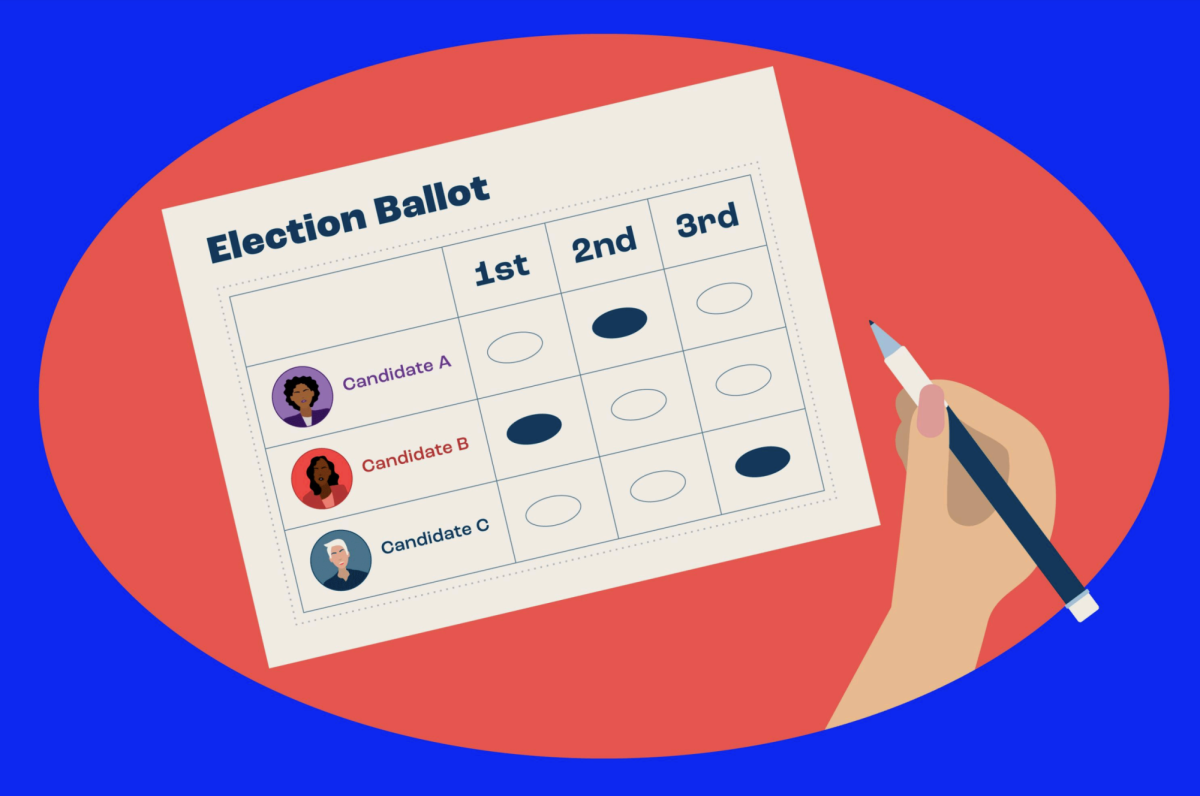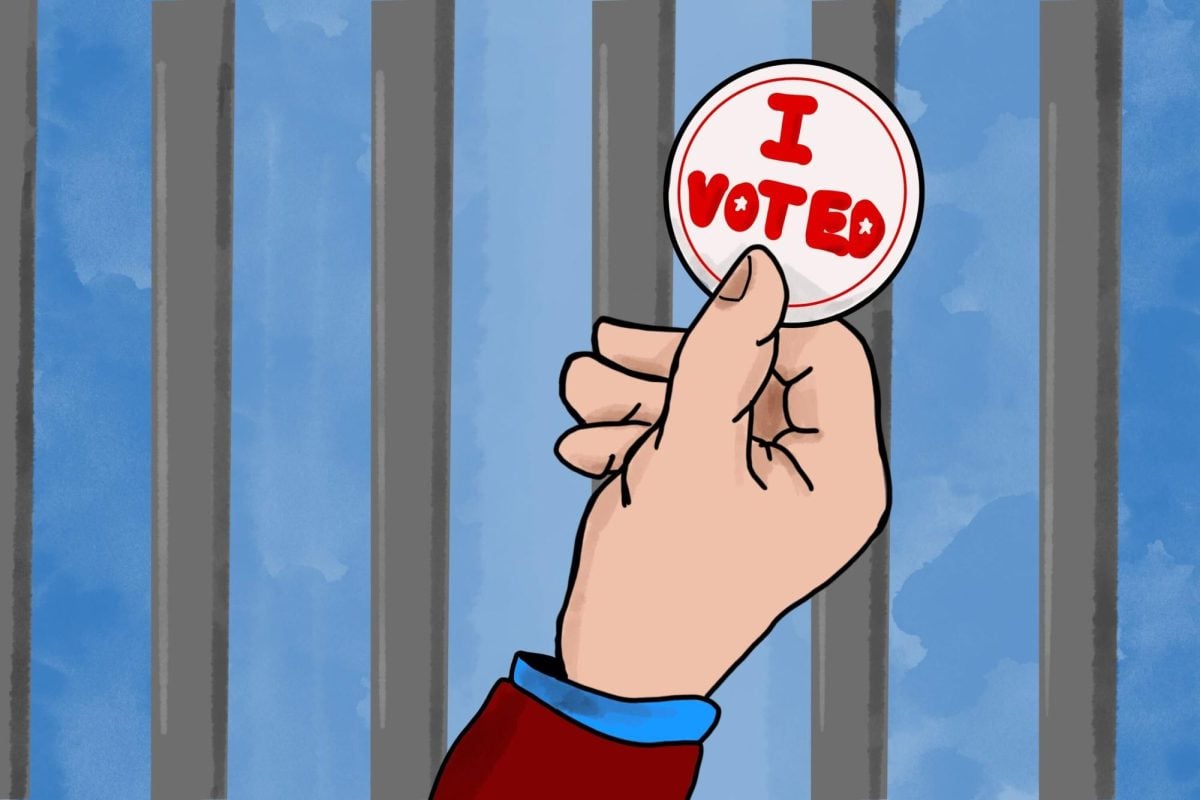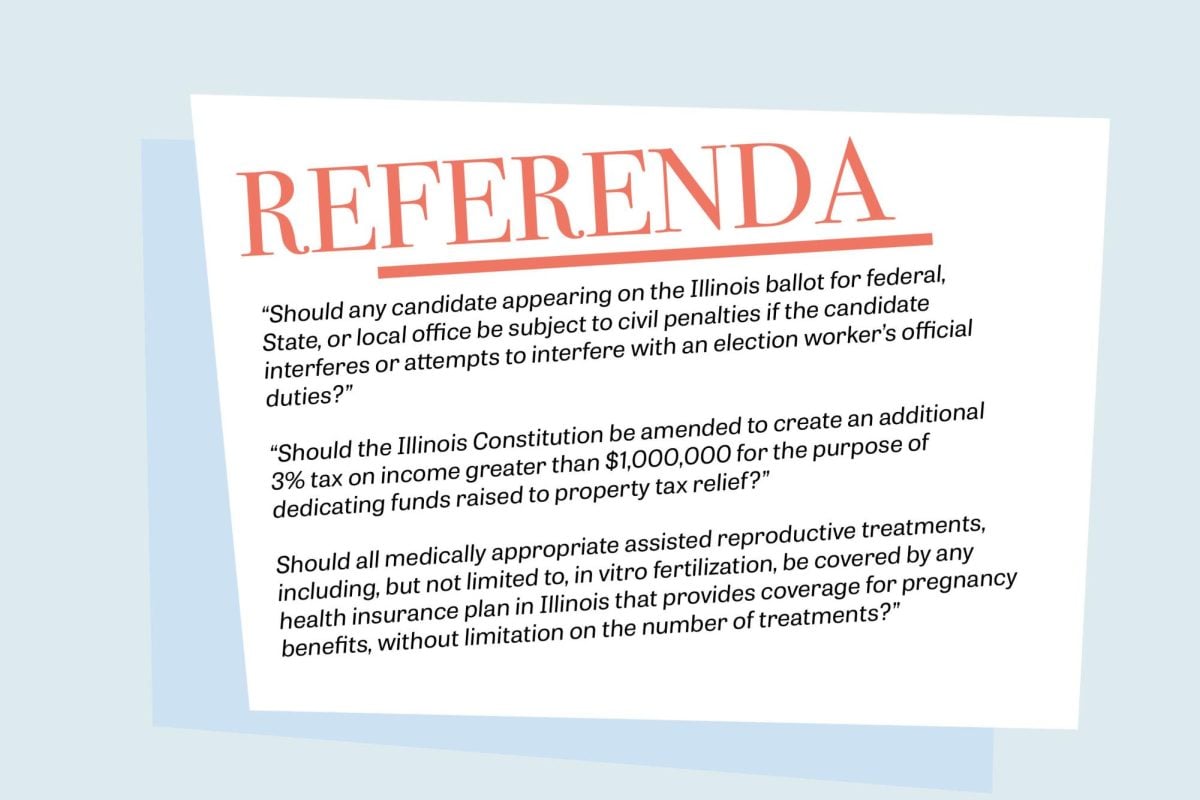A group of Northwestern students and Evanston residents attended the second annual Illinois Immigrant Integration Summit on Saturday, during which Governor Pat Quinn announced the members of the Illinois DREAM Fund Commission.
The summit, held at Malcolm X College, 1900 W. Van Buren St. in Chicago, was sponsored by the Illinois Coalition for Immigration and Refugee Rights and offered workshops on current immigration policies, pathways to citizenship, educational resources and volunteer and advocacy opportunities.
The new commission can receive private donations for a scholarship fund for undocumented students applying to college and will distribute its funds through a nonprofit organization. Members include three Northwestern alumni: Clare Munana, Nam H. Paik and Ronald Perlman.
Other speakers at the closing session included U.S. Rep. Luis Gutierrez (D-Chicago), Illinois Senate president John Cullerton (D-Chicago), Illinois House Speaker Michael Madigan (D-Chicago) and U.S. Sen. Dick Durbin.
Weinberg junior Sandra Garnica and Weinberg sophomore Iseli Hernandez organized busing and registration for the group of 22 students and 11 Evanston residents that attended the summit.
Garnica said although NU students have participated in many efforts for immigration reform, NU is lagging behind other schools in organized advocacy in that area.
“Northwestern is actually one of the only schools in the Chicagoland area that is not as involved,” Garnica said.
At the summit, ICIRR launched its 2012 platform of “One Nation, One Dream” and its new “Uniting America” campaign. The goals of this year’s platform include acquiring increased funding for state-wide ESL and citizenship classes, obtaining drivers certificates for undocumented people in Illinois and passing the federal DREAM Act.
About 1,300 people attended the summit, said Stephen Smith, director of organizing for ICIRR.
ICIRR CEO Lawrence Benito said the efforts of his organization and its member institutions are more important this year because of upcoming primaries and elections.
“What better to keep immigration reform, the DREAM act and also state level stuff on the table than by getting out to vote,” Benito said.
In August, Quinn signed the Illinois DREAM Act into law, which authorized the first government-backed scholarship fund for undocumented students. The legislation also requires training for high school counselors on options for undocumented students and allows families with immigrant students to participate in the state’s two college savings programs. The scholarship fund will be funded by private donors, not public funds.
Because Illinois does not have the power to grant citizenship, the Illinois DREAM Act seeks instead to provide resources for undocumented students.
The federal DREAM act, which sought to provide legal status for undocumented students and allow them continue their education or serve in the military, failed to pass in Congress in December 2010. In May, the bill was reintroduced in both the House and the Senate but has seen no further action.
Arianna Salgado, an undocumented student who is a freshman at Dominican University in River Forest, said the provision for counselor training in the DREAM Act is vital for undocumented students applying to college.
“A lot of students will be able to go to their counselors and know they have the accurate information they need to continue applying to colleges or look for financial resources,” Salgado said.
Salgado, who spoke at the ceremony held when Quinn signed the Illinois DREAM Act last year, said Dominican University allows students to apply to its scholarships regardless of legal status and is very supportive of the DREAM Act.
She said finding funds for college is a major hurdle for many undocumented students.
Kathy Freeman, a former counselor at Orr High School in Chicago, attended a workshop on the DREAM Act and other financial aid opportunities for undocumented students.
She said she felt she was not trained to help undocumented students as a counselor.
“Assisting undocumented students was not a part of my education,” Freeman said. “I got that training when I was on the job.”
Maria Salazar (SESP ‘11) attended the summit and currently works for ICIRR as a suburban organizer. During her time as a student at NU, Salazar spearheaded many initiatives such as the “Undocumented NU” forum and helped organize students to participate in April’s DREAM Act rally in Chicago and other advocacy events.
Salazar said although she was glad to see NU students participate, she thinks University administrators should become more involved in events favoring immigrant integration.
“In the future, I would like to see a bus of students, but also the president to show that we have support from the University,” Salazar said.
Salazar said University President Morton Schapiro had been invited but had declined to attend.
University of Illinois President Michael Hogan spoke at the closing session of the summit. In his speech, he talked about expanding the Illinois DREAM Act and making colleges more accessible to students.
“We’re opening the doors of our universities to our best and brightest students,” Hogan said.
Sandra Garnica said Schapiro should become more involved in immigration reform efforts. She said although Schapiro signed a letter in support of the Illinois DREAM Act along with 11 other presidents and chancellors of Universities in Illinois, he has not continued showing his support.
“There’s a big difference between signing a letter and actually coming out to events,” Garnica said.
Evanston residents who attended the summit are a part of the Immigrant Advocacy project, a group founded by Evanston resident Rachel Heuman. The group has attended ICIRR events alongside NU students in the past, including during the DREAM Act rally in April.
Heuman said the IAP’s main functions are to provide information about immigration policies to the public and support ICIRR’s events. She said she thinks services for undocumented immigrants are not as needed in Evanston as in other areas of Illinois.
“Evanston is pretty much a community where people don’t too much demand those services.” Heuman said.
SESP freshman Austin Romero was among the Northwestern students that participated. He said he had previously heard a lot of arguments against legalizing undocumented immigrants and the DREAM Act, and wanted to learn more about immigration issues.
“I wanted to get firsthand accounts of why people are struggling and get another side,” Romero said.













